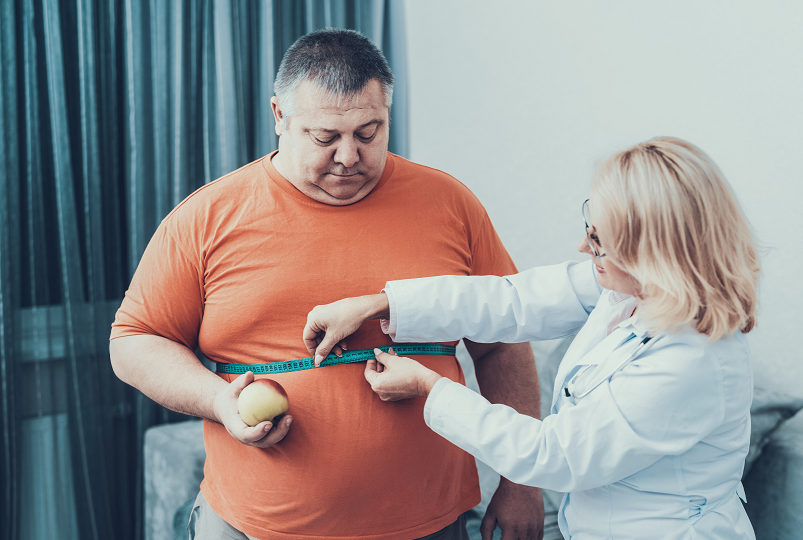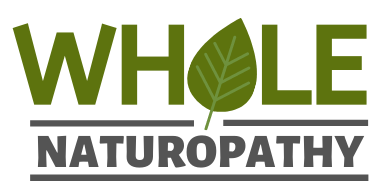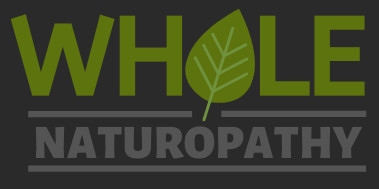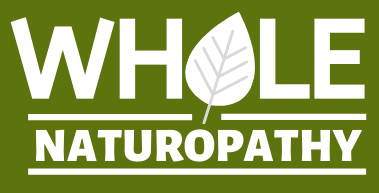
The other kind of Liver Disease
Non-Alcoholic Fatty Liver Disease (NAFLD) is on the rise and is caused by poor dietary choices. But just like anything that is caused by a poor diet, it can be improved with a good one. If you would like to know more about Alcoholic Fatty Liver Disease (AFLD), see my article from last month, but for NAFLD, read on.
Non-Alcoholic Fatty Liver Disease
Unlike AFLD, NAFLD isn’t primarily linked to alcohol consumption. Instead, it results from factors such as poor dietary choices, sedentary lifestyles, and insulin resistance. The liver, faced with an influx of refined sugars and unhealthy fats, undergoes a process where excess glucose is converted into fat, leading to the accumulation observed in NAFLD.
Diagnosis
NAFLD is diagnosed the same as AFLD, by a blood test, and if you’re someone who doesn’t drink much, the elevated liver enzymes will be determined as non-alcoholic liver disease. However, there are signs and symptoms that give us some good clues on the health of your liver.
Firstly, waist to hip ratio. If the measurement around your waist is larger than that of your hips, it’s likely that fat has accumulated around your digestive organs. This places stress on both your liver and your pancreas, two organs that work closely together in metabolism. If you need help with how to lose this weight around your abdominal organs, my nutritional weight loss course will help you here.
Other signs of poor liver function include poor recovery after drinking, an energy slump in the early afternoon, and a host of other conditions such as headaches and dry skin.
Fatty liver and fatigue
Because the liver is involved in metabolism (how your body uses and stores energy from food), it’s not a surprise that poor liver function can have you feeling exhausted. You may find that your energy is particularly bad after eating processed food compared to when you eat wholefoods. By following the dietary ideas below, your energy levels will start to improve.
How to improve liver function
It makes sense that if this disease was caused by too much sugar, white flour products, and deep-fried foods, that reducing or eliminating these would be a great place to start.
Some foods that are good for your liver include:
- Leafy green vegetables: spinach, kale, roquette, cabbage, broccoli.
- Healthy fats: oily fish, olive oil, avocado, nuts and seeds
- Protein: Unprocessed meat, eggs, dairy, legumes, nuts & seeds.
- Whole Grains: Brown rice, quinoa, wholegrain bread and crackers.
Once you have fatty liver disease, you will need to make long term changes to your diet. The good news is that the foods that will help you to heal are foods you should be eating anyway for optimal health. It can be a long road, but there are many natural medicines to help repair the liver. I see such good results in my clinic with people’s energy levels in a short time after taking liver herbs, and there are some great herbal and nutritional products to improve metabolism and turn this disease around.
For more information, see my YouTube video




